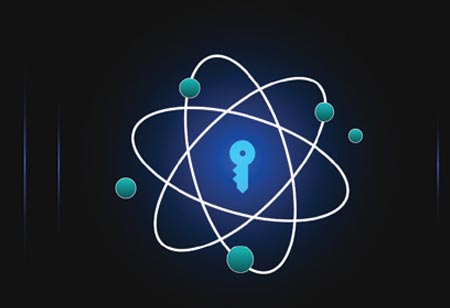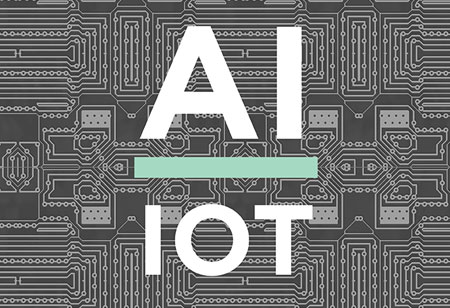THANK YOU FOR SUBSCRIBING
Consulting for Cryptographic Transitions in Critical Infrastructure in APAC
As quantum computers threaten current cryptographic methods, APAC must urgently adopt post-quantum cryptography, leveraging consulting services to ensure secure transitions for critical infrastructure.

By
Apac CIOOutlook | Wednesday, October 15, 2025
Stay ahead of the industry with exclusive feature stories on the top companies, expert insights and the latest news delivered straight to your inbox. Subscribe today.
Fremont, CA: The future of cybersecurity is a race against time. As large-scale, fault-tolerant quantum computers move from a theoretical concept to a tangible threat, the cryptographic foundations of our digital world are at risk. In the Asia-Pacific (APAC) region, where critical infrastructure sectors like finance, energy, and telecommunications are undergoing rapid digital transformation, the challenge is particularly acute. The time to prepare for a post-quantum world is not tomorrow, but today.
Quantum Threats and Post-Quantum Cryptography in APAC
Quantum computers, capable of performing exponentially faster calculations, are poised to render current public-key cryptographic algorithms obsolete. A pressing concern is the “harvest now, decrypt later” threat, where malicious actors collect encrypted data today with the intent of decrypting it once a cryptographically relevant quantum computer (CRQC) becomes available. This poses an existential risk to critical infrastructure requiring long-term confidentiality, including national security information, financial records, and intellectual property.
As a global supply chain hub, APAC must also ensure secure cryptographic alignment across suppliers, partners, and vendors. To meet this challenge, greater awareness and education among business leaders, IT professionals, and policymakers is essential—both to grasp the technical complexities of PQC and to act with urgency against the looming quantum threat.
The Role of Consulting in Driving the Transition
Given the complexities of transitioning to post-quantum cryptography (PQC), consulting services are essential for critical infrastructure organizations across the APAC region. A structured consulting engagement provides the expertise, methodologies, and phased approach needed to manage this transformation effectively. The process typically begins with a comprehensive readiness assessment and crypto-discovery exercise, which involves a detailed review of the organization’s cryptographic inventory—ranging from digital certificates and public key infrastructures (PKI) to hardcoded algorithms within applications and operational technology (OT) systems. This assessment enables organizations to identify vulnerabilities, prioritize high-risk assets, and establish a clear baseline for action. Building on these insights, consultants can then develop a tailored PQC strategy and roadmap that reflects the organization’s risk profile, business continuity needs, and regulatory requirements. Central to this roadmap is the adoption of hybrid cryptography, which combines classical algorithms with PQC algorithms to ensure backward compatibility and a secure, gradual transition. The migration itself is a multi-year effort that requires careful planning and execution, supported by consulting partners. This includes prototyping and testing PQC algorithms in controlled environments, advising on vendor and solution selection for PQC-compliant hardware security modules (HSMs), software, and PKI solutions, and ensuring seamless operational integration with minimal disruption. Equally important, consulting services play a vital role in training and capacity building—empowering internal teams with the knowledge and skills required to operate and sustain the PQC ecosystem, thereby ensuring long-term resilience and self-sufficiency.
The transition to a post-quantum world is an unprecedented challenge for critical infrastructure. In the APAC region, the unique combination of diverse regulations, complex legacy systems, and intricate supply chains makes this task even more demanding. However, by leveraging expert consulting services, organizations can transform this threat into a strategic opportunity. A phased, risk-based approach, starting with a thorough readiness assessment and leading to a well-defined migration roadmap, will ensure that critical infrastructure remains secure, resilient, and prepared for the cryptographic future. The time to act is now, to safeguard not only the data of today but the security of the decades to come.





